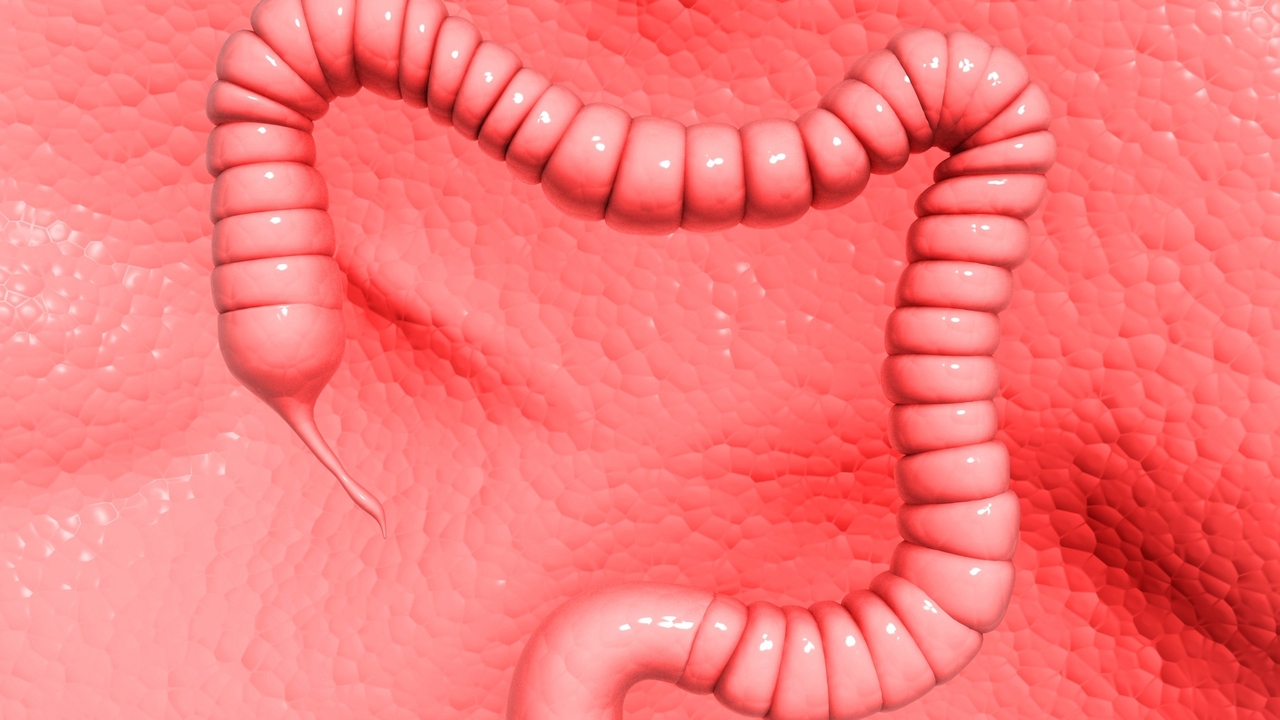 Photo: Getty Images
Photo: Getty Images
Before the recent headlines about chocolate’s supposed ability to prevent colon cancer send you diving into that Valentine’s Day box of temptation, take a minute to put things in perspective.
That’s the message from blogger Kate Murphy on the FightColorectalCancer website, where she cautioned that the sugar and fat content of chocolate should continue to make it just an occasional treat, despite the known benefits of polyphenols in foods like cocoa.
The headlines, such as “One More Reason to Chow on Chocolate” and “Study Shows Chocolate Prevents Colon Cancer” were arguably high on hyperbole.
The news began circulating when researchers in Spain at the Science and Technology Institute of Food and Nutrition revealed that lab tests on rats showed that they were able to fight precancerous lesions when given daily doses of cocoa.
Specifically, one group of rats was fed a daily diet that was 12 percent cocoa; the other group got no cocoa. Both groups were exposed to a carcinogen associated with colon cancer and both began to develop intestinal cancers within four weeks.
But the rats on the cocoa diet had a reduced number of precancerous lesions compared to the control group, according to study results published in Molecular Nutrition and Food Research.
Sarah Williams, a spokesperson for Cancer Research UK, responded to the study for the Daily Mail in London.
“This study involved rats in the lab who were fed very large quantities of cocoa over a number of weeks, so it’s impossible to conclude that eating chocolate or drinking cocoa protects people against bowel cancer,” she said. “But we do know that chocolate is high in fat and calories, so eating too much of it could lead you to put on weight.”
Consider that being obese has been associated with an increased risk of colon cancer, Williams added.
Similarly, Murphy at FightColorectalCancer.org wanted people to know that the study was conducted on rats, not humans; that it used plain cocoa, not chocolate bars; and that the lesions may or may not have eventually led to colon or rectal cancer.
She cited the World Cancer Research Fund’s evidence that maintaining a healthy weight can potentially lower the risk of colon and rectal cancer. Too much indulgence in chocolate might not offer the best prevention strategy, she added.
Good lifestyle choices and eating habits are the better route, along with routine colorectal cancer screening through colonoscopies and other means.
According to the site, the year 2012 will bring 143,000 new cases of colon or rectal cancer in the United States, with an estimated 51,000 deaths.
OK, now you have the facts. Go ahead. Just one bonbon.
Sources:
Whitelocks, Sadie. “Eating chocolate can stave off bowel cancer, say scientists.” MailOnline. Web. 15 Feb. 2012.
http://www.dailymail.co.uk/health/article-2091627/Eating-chocolate-stave-bowel-cancer-say-scientists.html?ITO=1490
“Daily Pulse: How Chocolate May Prevent Colon Cancer.” Prevention.com. Web. 15 Feb. 2012.
http://www.prevention.com/health/health-concerns/health-news-roundup-chocolate-and-cancer-prevention
“Could Eating Chocolate Help Prevent Bowel Cancer?” The Huffington Post UK. Web. 15 Feb. 2012.
http://www.huffingtonpost.co.uk/2012/01/26/chocolate-could-cut-bowel-cancer-risk_n_1233761.html
Murphy, Kate. “Eating Chocolate Stops Colon Cancer. Really?” FightColorectalCancer.org. Web. 15 Feb. 2012. http://fightcolorectalcancer.org/research_news/2012/02/eating_chocolate_stops_colon_cancer_really
Reviewed February 15, 2012
by Michele Blacksberg RN
Edited by Jody Smith





Add a CommentComments
There are no comments yet. Be the first one and get the conversation started!